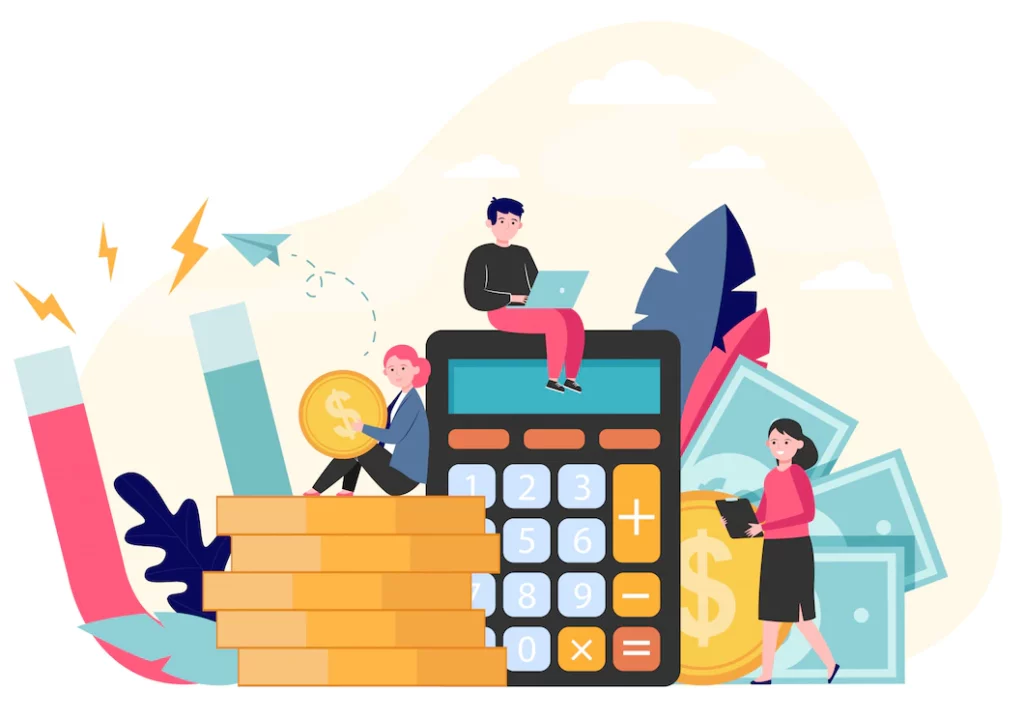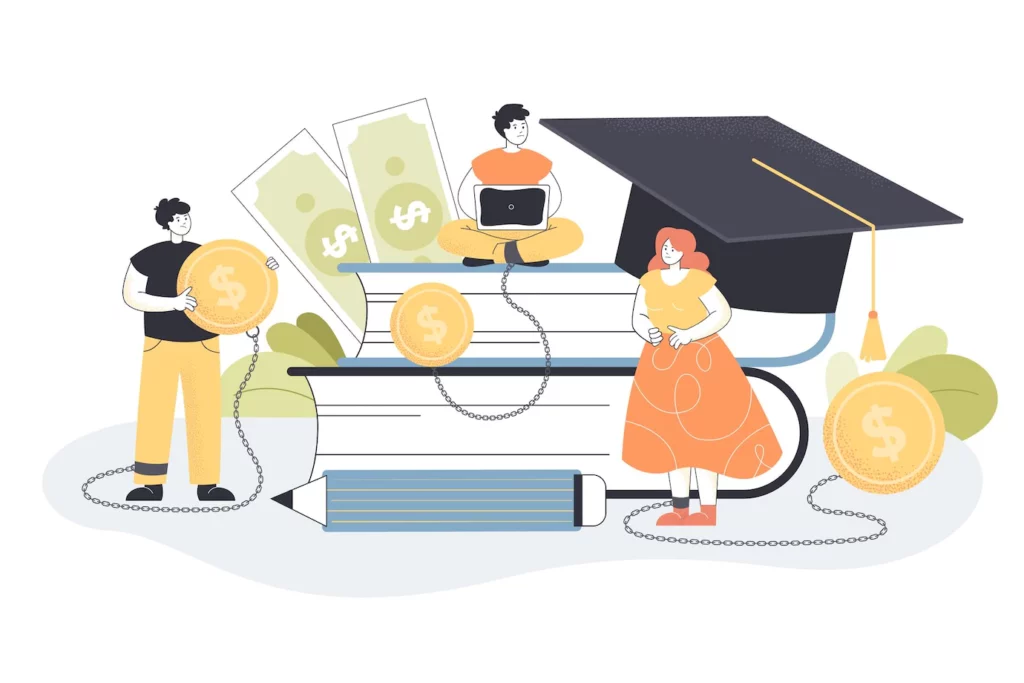consolidating student loans may provide a temporary solution, lightening your load somewhat and helping reduce interest expenses. But is this really the best choice for your unique circumstances? Let’s look into this in more depth and assess each factor carefully to decide.
What Is Consolidation of Student Loans?
Student loan consolidation aims to consolidate all your student loan payments into one lump sum payment, hopefully leading to shorter terms and reduced interest rates.
1. Make the most of your one chance to consolidate your federal student loans, as you only get one.

Be smart and make the most of your only chance to consolidate federal student loans, because that may never come again!
Federal student loan consolidation should only ever be attempted once, so everything must be in order. Be aware of how many loans, their rates and conditions before initiating this process. Unfortunately private student loans cannot be consolidated – we will discuss why in further detail.
Under certain conditions, consolidating federal debt may be possible again – though typically not for the better. You could end up with additional loans that weren’t included initially or are in default of their Federal Family Education Loan or have applied to participate in loan forgiveness program for public service workers – all which is obviously awful and no thank you.
2. Consolidating federal student loans won’t result in a decrease in interest rates.

Consolidating federal loans offers numerous advantages, including consolidating multiple loans into just one. You also can combine any variable rates into a fixed one for easy budgeting. Though consolidating federal student loans may lead to lower monthly payments due to extended terms and lengthening the length of each loan’s payment period, do not expect it to save money as you will just be making less payments over longer.
What kinds of student loans are eligible for consolidation?
Before approaching a bank for consolidation services, it’s essential that you understand what type of debts you owe and if they qualify. Be wary: the government only offers free loan consolidation for federal loans – no private loans may qualify!
Federal Student Loans
You could qualify for free loan consolidation through the U.S. Department of Education service if you hold multiple federal student loans. A Direct Consolidation Loan allows you to combine all your federal loans into one payment at an attractive fixed interest rate.
Direct consolidation loans provide many advantages. One benefit is their fixed interest rate which enables you to lock down those monthly payments with an established amount, so that you can start taking steps against debt more aggressively.
However, the interest rate on Direct Consolidation Loans is uncapped; therefore if you’re currently paying high interest rates on loans you will likely continue doing so after consolidating. Furthermore, to achieve lower monthly payments it may require making repayment over an extended period up to 30 years – making things worse!
Private Student Loans
Unfortunately, government Direct Consolidation Loans cannot be used to consolidate private student loans; however, certain banks and lenders offer consolidation of such debts into one single sum with one fixed rate interest. As your rate often depends on your credit score, consolidation could prove challenging if it is anything other than stellar. Furthermore, consolidation rates typically differ significantly than with straight federal debt consolidations.
But there is one positive development. Speak to your lender about consolidating all of your loans under one new fixed interest rate loan if variable loan interest rates have become an obstacle to financial security.
Read More : Can You Use A Credit Card To Pay Your Student Loan Bill?
